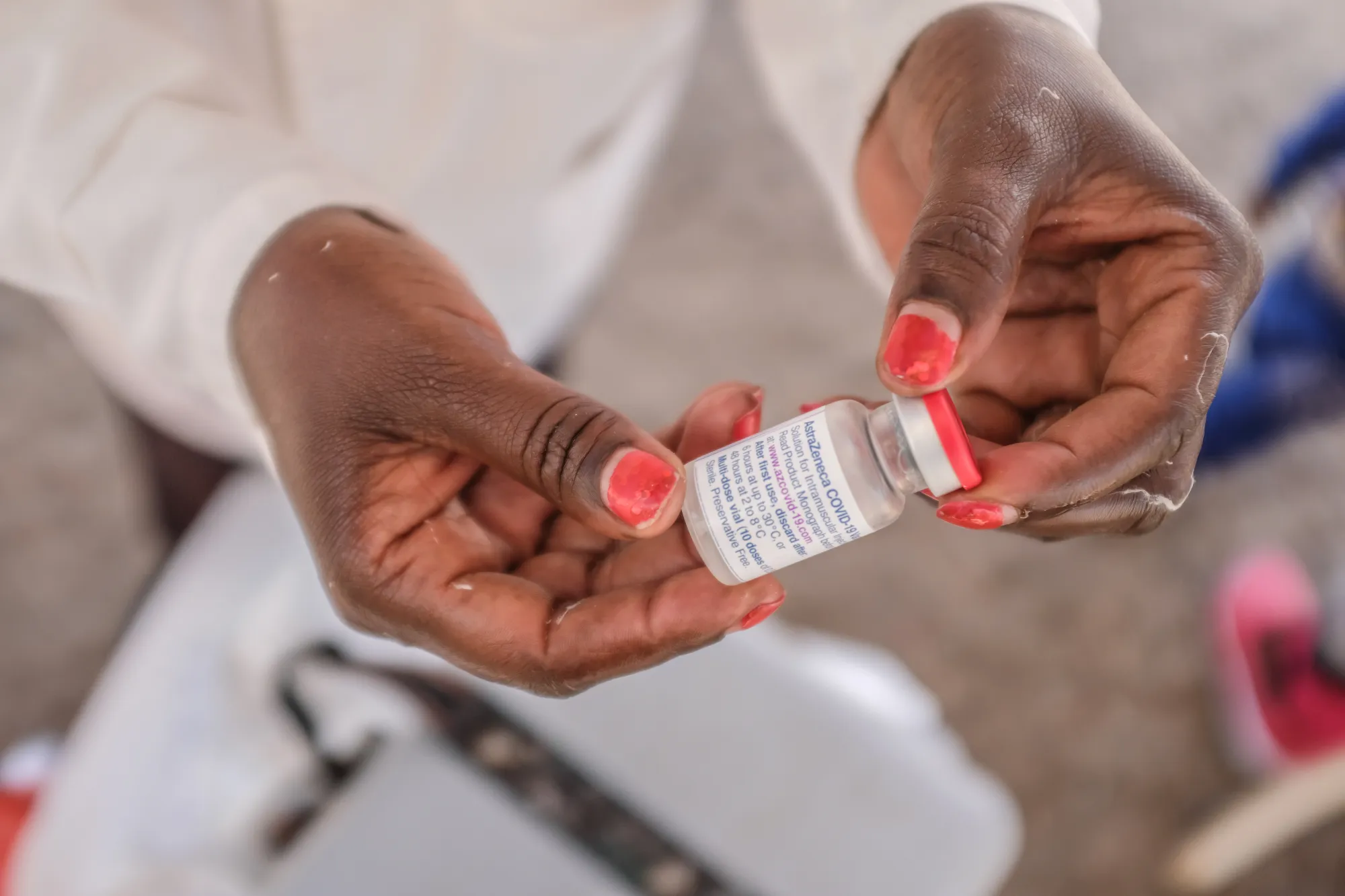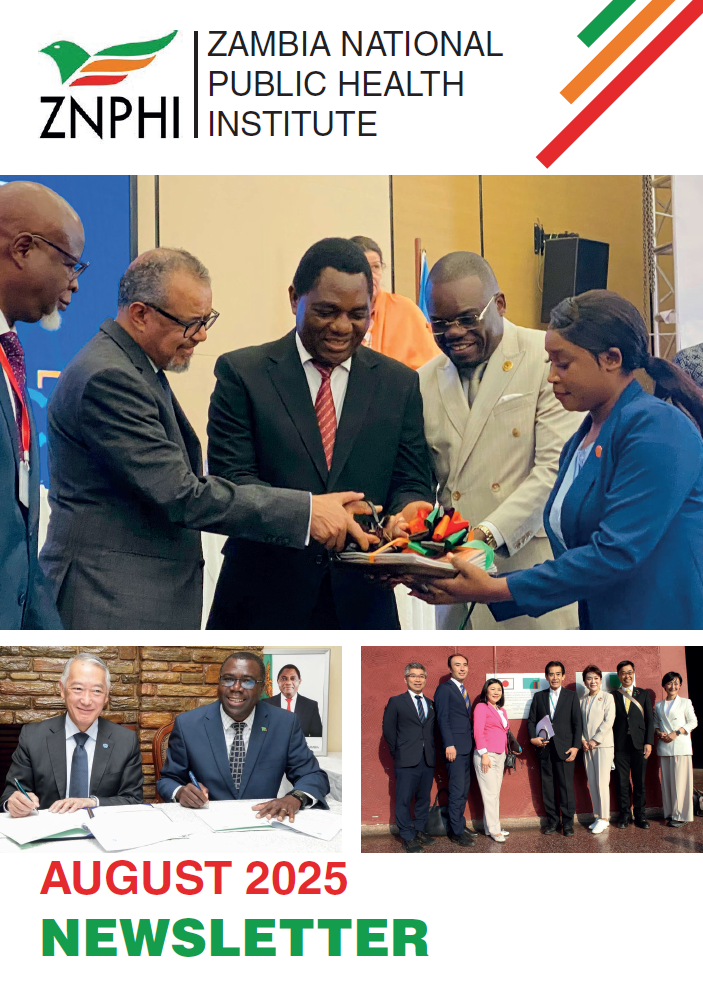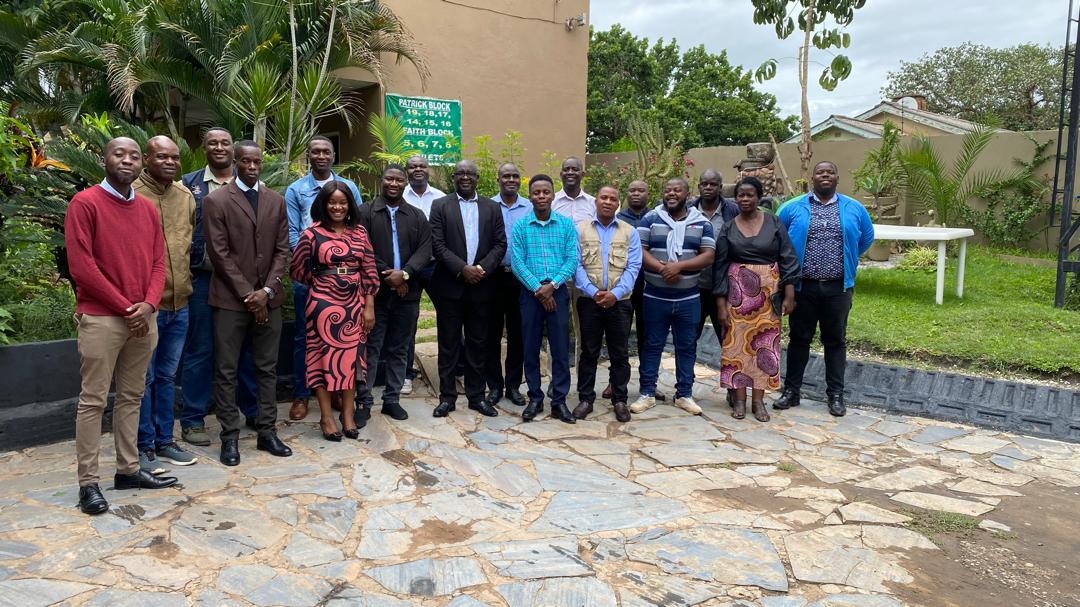
Vaccines remain among modern science’s most powerful tools against infectious diseases. Globally, they have prevented deaths and disabilities to the quantum of billions, eradicated once- devastating diseases like Smallpox and brought others, such as Polio, to the brink of elimination. Vaccine Research and Development (R&D) as a field has advanced rapidly over the years, leveraging cutting edge technologies such as applied genomics (RNA and DNA), nano-particle platforms, and powerful adjuvants. These advancements have significantly cut down product development time from decades to practically a few months. The development of vaccines during the COVID-19 pandemic in record time is testament to this progress. Africa bears a substantial burden of vaccine-preventable diseases globally, with more than 30 million children under five suffering from vaccine preventable diseases each year. Of these, over half a million die annually due to limited access to immunization services, accounting for 58% of all global deaths from vaccine-preventable diseases. Recurrent outbreaks also continue to affect many countries across the continent and have been on the rise since the COVID-19 pandemic
Despite advancements in vaccine R&D and the continent’s pressing need for vaccines, Africa continues to lag behind in vaccine production. Africa consumes 12% of global vaccines, yet only manufactures less than 1% of global vaccine volumes, all of which are consumed domestically. For comparison, India produces 25% of global vaccine volumes, 60% of its domestically consumed vaccines, and supplies a substantial number of vaccines to Africa, accounting for 20% of its exports. This stark contrast suggests that Africa has been relegated primarily to the role of a consumer, missing critical opportunities to build local industries, drive economic growth, and, crucially, ensure regional vaccine supply security. Vaccine development is a multibillion-dollar industry, and Africa must position itself to actively participate. In this article, we address three critical challenges at the core of this issue: poor R&D capacity, inadequate regulatory systems, and polarised markets.
Issues affecting Africa’s pursuit for local vaccine production
1. Poor R&D Capacity
Historical and colonial trends where our education systems do not drill down to innovation and invention have persisted in the 21st century. This legacy has limited Africa’s capacity for innovation and invention, perpetuating dependency and leaving us to access to only products handed down to us by the North and West. This affects the prioritization agenda and it means we are unable to address our challenges as we see them. This dependency was glaringly evident during the COVID-19 pandemic. While wealthier nations prioritized their populations, Africa was left to wait. Beyond pandemics, this has meant that diseases unique to the continent, remain neglected and the case in point are diseases such as Lassa fever, dengue, trypanosomiasis, and mpox, to mention a few.

Figure 1 Africa region’s percentage consumption of Global Vaccines has dropped from approx. 20% to 12%. This drop has been attributed to the region’s lower consumption of COVID-19 vaccines (WHO, 2023)

Figure 2 Comparison of volume of COVID-19 vaccine and all other vaccines used (WHO, 2022)
Africa’s capacity to regulate and oversee vaccine R&D and licensure remains very poor. Only a handful of countries have appropriate regulatory capacity to support research, development and licensure of vaccines. Most African nations operate at World Health Organisation (WHO) regulatory capability levels 1-2, far below the level 3 minimum required to support vaccine development. This means that even where technical and infrastructural progress is made, poor regulatory support hampers any advancement. It is evident that industrialization and regulatory capacity.
2. Weak Regulatory Systems
Africa’s capacity to regulate and oversee vaccine R&D and licensure remains very poor. Only a handful of countries have appropriate regulatory capacity to support research, development and licensure of vaccines. Most African nations operate at World Health Organisation (WHO) regulatory capability levels 1-2, far below the level 3 minimum required to support vaccine development. This means that even where technical and infrastructural progress is made, poor regulatory support hampers any advancement. It is evident that industrialization and regulatory capacity must develop in tandem for meaningful progress to occur

Figure 3 Only six countries in Africa (Egypt, Chana, Senegal, South Africa, United Republic of Tanzania and Zimbabwe) have National Regulatory Authorities operating at Maturity Level 3 (WHO, 2024).
3. Polarized Markets
Consequent to the above challenges, procurement of vaccines and other commodities across Africa remains largely tied to colonial legacies, limiting opportunities for local manufacturers. Although the renowned WHO Pre-qualification process is well intended, it inadvertently perpetuates Africa’s dependence and is a hindrance when it comes to development of the industry on the continent. Small and emerging African industries will struggle to compete on an open market dominated by pharmaceutical giants with over a century head-start. Unless deliberate continental efforts are instituted to protect development of local manufacturing industries for example through appropriate positive discriminatory strategies, the gap will only widen. The only way to close this gap is for Africa to take the bold stance, “Africa must begin to buy African”
Rewriting Africa’s Vaccine Narrative
I was honored to address these issues at the African Academy of Health Sciences, where I was recently appointed to the Board of Directors. Headquartered in Dakhla, Morocco, the Academy brings together leading African experts to foster collaboration in health research and innovation. I was inspired by the Academy’s collective spirit and remain deeply grateful to His Majesty King Mohammed VI of Morocco for supporting this initiative. In the same spirit of Pan-Africanism, we must work together to rewrite Africa’s vaccine narrative. Achieving this requires deliberate action and bold strategies, including:
1. Enhanced Collaboration and information sharing:
We must identify and address the root causes of our inability to produce vaccines and work together to address these issues through better networking and information sharing.
2. Support for Continental Initiatives:
Initiatives such as the African Vaccine Regulatory Forum (AVEREF) and the Pan-African Vaccine Manufacturing Network must be recognised locally and supported within countries to complement the rhetoric at continental political level.
3. Investment in Infrastructure and Basic Science Research:
There is need for investment in infrastructure, equipment and basic science research to produce a new generation of graduates and researchers abreast with current technologies, Additionally, to realise this, universities must establish targeted research departments and partner with the pharmaceutical industry.
4. Protective Legislation:
We must enact laws and regulations that promote and safeguard local intellectual property rights to encourage homegrown innovation. Frankly speaking, the West will not do this for us!
5. Facilitate Upstream Research:
here is need for bold and deliberate decision that encourage and support more upstream research including first-in-human and human infection challenge studies, to advance vaccine R&D.
6. Positive Discrimination in Procurement:
Serious measures to support positive discrimination in procurement of medicines including vaccines is the ONLY way African pharmaceutical industry will develop. The African pooled market is a potential game changer and finding new ways of accessing it is needed to curb the monopoly of global pharma giants.
By confronting these challenges head on, we can shift the continent’s role from a passive consumer to an active producer and innovator in the global vaccine landscape. The stakes are high, but the opportunities are even greater. With deliberate and strategic action, we can unlock Africa’s immense potential – not only in vaccines but across the broader spectrum of health innovation. This is our moment to rewrite the narrative and secure a healthier, more resilient future for the continent.
About the Author
Prof Roma Chilengi, BSc, MB ChB, MSc is the Director General of the Zambia National Public Health Institute and Special Assistant to the Republican President for Health. He is a physician, epidemiologist and professor of vaccinology
Further Reading
World Health Organization, 2023. Global vaccine market report: 2023 Update (online) Available: https://www.who.int/publications/i/item/B09022
Ngwa, C.H., Doungtsop, B.C.K., Bihnwi, R., Ngo, N.V. and Yang, N.M., 2022. Burden of vaccine-preventable diseases, trends in vaccine coverage and current challenges in the implementation of the expanded program on immunization: A situation analysis of Cameroon. Human Vaccines & Immunotherapeutics, 18(1), p.1939620
Thompson, L.J.R., Grubo, M., Veller, M., Badenhorst, R.H., Nott, J., Debruyne, L., Makadzange, T., Nicolaou, S., Stanberry, L., Sall, A. and James, W.G., 2023. Building global vaccine manufacturing capacity: Spotlight on Africa. Vaccine, 41(27), pp.4050-4056.
World Health Organization, 2018. Business case for WHO immunization activities on the African continent, 2018–2030. Brazzaville: World Health Organization. (Online) Available: https://www.afro.who.int/publications/business-case-who-immunization-activities-african-continent-2018-2030
World Health Organization, 2022. Global vaccine market report: A shared understanding for equitable access to vaccines (online) Available: https://www.who.int/publications/i/item/9789240062726







